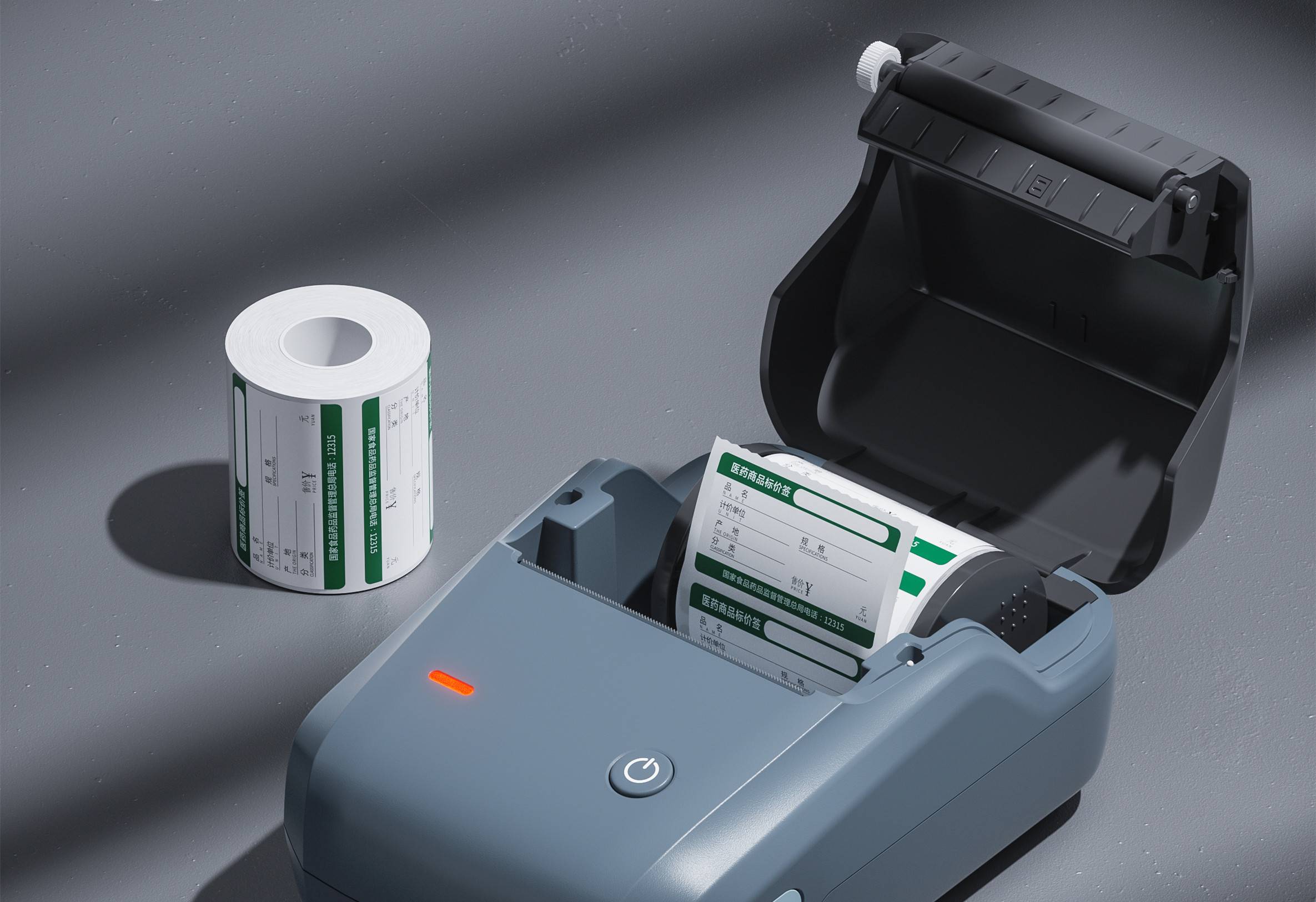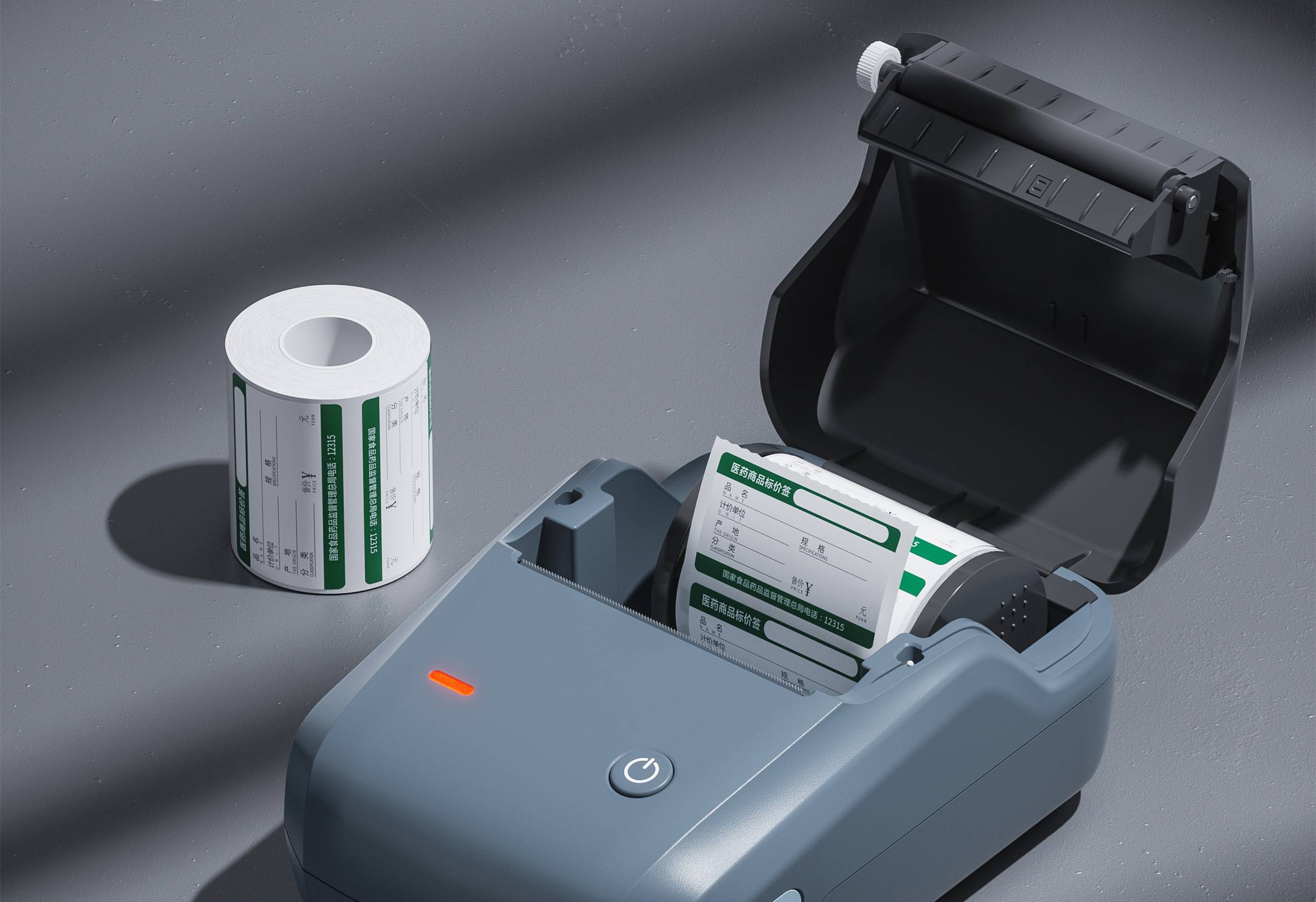
basic introduction
Ink is an important material for printing. It expresses patterns and characters on the substrate through printing. It is used for printing on books, periodicals, packaging and decoration, architectural decoration, etc. With the increase in social demand, the variety and output of inks have also expanded and increased accordingly.
Testing products
Classification by version | Letterpress ink, planographic ink, gravure ink, mesh ink, gravure compound plastic film ink, gravure plastic film surface printing ink, gravure ink, etc; |
Classification by solvent | Water-based ink, ultraviolet curing ink, water-based UV ink; |
Other types of ink | Offset inks, printing inks, printing inks, silk screen inks, luminous inks, color-changing inks, ice flower inks, stainless steel inks, soybean inks, reflective inks, sunscreen inks, flexo inks, high temperature inks, hose roll coating inks, pp inks, eva Ink, 514 ink, abs ink, pc ink, pcb ink, pe ink, pvc ink and other types of ink. Ink: Dye ink, pigment ink, thermal transfer ink, blue-black ink, carbon ink, red ink; ballpoint pen ink, gel ink, etc. |
Test items
Aging test | UV aging, xenon lamp aging, neutral or acid salt spray test, heat stability, light resistance, liquid medium resistance, etc; |
Ink performance testing | Color, gloss, fineness, viscosity, initial dryness, color strength, adhesion fastness, anti-blocking, fluidity, conjunctival drying, etc; |
Pigment performance testing | Content, PH value, relative density, oil absorption, whiteness, sieve residue, coloring power, hiding power, dispersibility, color fastness to washing, fluidity, etc; |
Dye performance testing | Content, fineness, viscosity, ash, moisture, solubility, solution stability, bulk density, level dyeing, dye transfer, fixation rate, discharge, migration, dust flying, etc. |
Analysis Project
Comparative analysis/technology research and development
Recipe reduction: refers to the analysis of the components, elements or raw materials of products or samples, also known as recipe reduction;
Component analysis: The use of qualitative and quantitative analysis methods can accurately analyze the composition, element content and filler content of paint.
Our advantage
1. With a professional qualification and experienced expert technical team, we can provide you with professional consultation and services.
2. Have advanced laboratory equipment to ensure the accuracy and reliability of test data.
3. As a third-party testing and certification organization trusted by customers worldwide, we are your certificate of quality.

Label printers entering the Brazilian market, ANATEL certification is an essential passport! It is the recognition of the Brazilian Telecommunications Authority for the safety and compliance of electronic products, without which products cannot be legally sold.

SRRC certification is not only a guarantee of product compliance, but also a key to opening up the market.

FCC ID certification is a mandatory certification for electronic products by the Federal Communications Commission (FCC) in the United States, and it is essential for label printers to obtain this certification.
Ink is an important material for printing. It expresses patterns and characters on the substrate through printing. It is used for printing on books, periodicals, packaging and decoration, architectural decoration, etc. With the increase in social demand, the variety and output of inks have also expanded and increased accordingly.
Get a quote